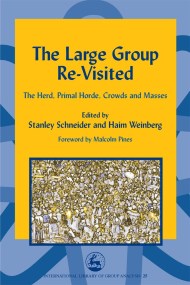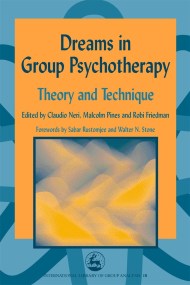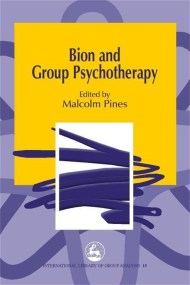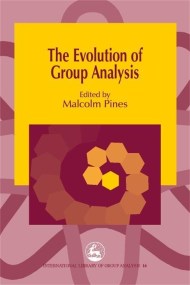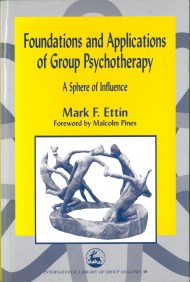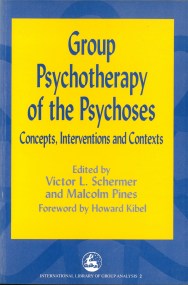Using clinical examples, the contributors demonstrate the ‘good enough’ healing power of carefully constructed and supervised groups conducted by therapists who apply both Kohut’s self psychological concepts and those currently evolving from intersubjectivity throughout the world.
Among the topics covered in this volume are:
– the recent advances in hermeneutics, self psychology and intersubjectivity theory
– the universal need for a group object
– Kohut’s thinking on archaic and mature twinship
– the applicability of new infant research
– the need to examine early childhood multiple cross-cultural selfobject and traumatic experiences within transferences
– the utilization of a co-therapy model
– and how to create optimal group environments.
Mixing new theoretical developments with clinical research and practice, Self Experiences in Group breaks new ground and illustrates how these concepts can be applied to work at infant, child or adult level.
Among the topics covered in this volume are:
– the recent advances in hermeneutics, self psychology and intersubjectivity theory
– the universal need for a group object
– Kohut’s thinking on archaic and mature twinship
– the applicability of new infant research
– the need to examine early childhood multiple cross-cultural selfobject and traumatic experiences within transferences
– the utilization of a co-therapy model
– and how to create optimal group environments.
Mixing new theoretical developments with clinical research and practice, Self Experiences in Group breaks new ground and illustrates how these concepts can be applied to work at infant, child or adult level.
Newsletter Signup
By clicking ‘Sign Up,’ I acknowledge that I have read and agree to Hachette Book Group’s Privacy Policy and Terms of Use
Reviews
This book is an important introduction to the theory and practice of adapting self psychology ideas to the analytic group setting.
Harwood, who is from the United States, comes together with Pines, who is from England, to edit this well-organised and well-written book …This book has an intimacy to it. One gets the feeling that the authors are a group unto themselves. They quote each other and influence one another, despite their coming from the United States, Italy, Norway and England. they are bold contributers to modern self-psychology who take on Freud, Kohut, Stolorow and others inculding themselves … As a woman, Irene Harwood's perspective is refreshing. One is immersed in hearing about Freud and Kohut and how they practive in their office. Then on to Stolorow, Lachmann, and other men who are doing dyadic therapy. Dr Harwood brings the reader into the real world of working moms and child-care workers, other cultures where the extended family presides, and to war, where traumas take place and reperation does not happen therapists' offices.
This is the first book published which has attempted to apply the self-psychology of Kohut to group psychotherapy. With a distinguished selection of international contributors the authors discuss the application of the basic theory to the realities of current group pschotherapy ppractice. A succinct chapter by Harwood outlines the elements of self-psychology and how these have developed and been modified in recent years. She also demonstrates by reference to clinical vignettes how the group is a rich setting for the exploration of self-psychology concepts. An important chapter by Silvers on the co-therapy model stresses the value of introducing various aspects of co-therapy which allow for examination of the multiple-selves and the relationships to significant others in the network of successive care-givers. The book is one of a series in the recently introduced International Library Of Group Analysis. I cannot reccomend it too highly for its clarity and the depth of its intellectual understanding on the topic.
The first collection of papers dedicated to linking the ideas of self psychology with the practice of group psychotherapy... a very good introduction to this topic. It covers an interesting range of topics: Kohut's own views, intersubjectivity, group self, infant research, the notion of cure, the relationship between self psychology and group analysis, among others. Newcomers to the field of groups will find good starting points (especially in the chapter by Pines), while experienced practitioners will find much to be stimulated by in the rest... Those of you with an interest in group psychotherapy should familiarise yourselves with its content.



